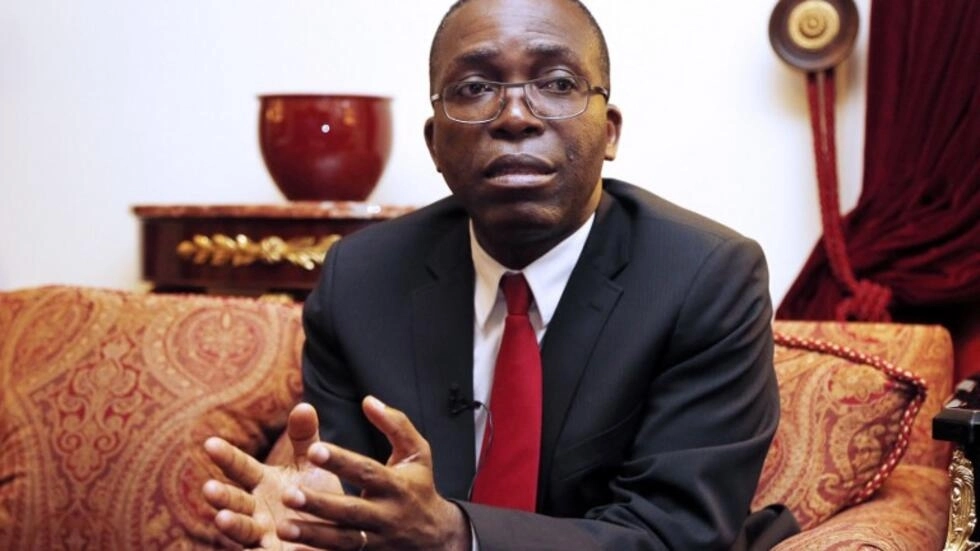The trial of Augustin Matata Ponyo, the former Prime Minister of the Democratic Republic of Congo (DRC), commenced on Monday, 21st August 2023, before the country’s Constitutional Court. Ponyo, a prominent opposition politician, is facing allegations of embezzlement.
The charges against Ponyo revolve around a pilot project that saw $285 million allocated by the Treasury. It is alleged that the former Prime Minister embezzled a staggering $205 million from these funds. Two other individuals, Deogratias Mutombo, the former governor of the Central Bank, and Grobler Christo, a South African businessman and manager of the project, are also implicated in this case and are facing prosecution.
Ponyo, who is currently running as a presidential candidate in the upcoming elections scheduled for 20th December, vehemently denies the charges against him. He has labelled the legal proceedings as a conspiracy designed to tarnish his campaign.
The trial has attracted significant attention and is being closely followed by both local and international observers. Many see it as a test of the DRC’s commitment to combating corruption and ensuring accountability in public office.
During the opening day of the trial, the prosecution presented evidence to support the embezzlement charges against Ponyo. The court heard testimonies from witnesses and examined financial records. The details revealed a complex web of financial transactions that allegedly facilitated the embezzlement of public funds.
While the trial is still in its early stages, some analysts believe that the outcome could have significant implications for the upcoming presidential elections. If Ponyo is found guilty, it would undoubtedly impact his popularity and political aspirations. However, if the former Prime Minister manages to successfully defend himself, it could strengthen his support base and provide a boost to his campaign.
The Government in the DRC has reiterated its commitment to fighting corruption and ensuring a fair and transparent justice system. President Felix Tshisekedi, who assumed office in January 2019, has made anti-corruption efforts a central part of his agenda. Critics, however, argue that more needs to be done to tackle graft effectively, and the outcome of this trial will be a litmus test of the government’s resolve.
Embezzlement and corruption are pervasive challenges in many African countries, and the DRC is no exception. Public funds that are intended to drive development and improve the lives of citizens often end up in the pockets of corrupt officials. Such practices have profound consequences, undermining trust in government institutions and impeding socioeconomic progress.
As the trial unfolds, it is crucial for the judiciary to ensure a fair and transparent process that upholds the principles of justice. It is also incumbent upon the political leadership to demonstrate their commitment to combating corruption by supporting the legal proceedings and implementing robust measures to curb embezzlement.
The trial of Augustin Matata Ponyo serves as a stark reminder of the urgent need for African countries to prioritize good governance, strengthen institutions, and hold corrupt officials accountable. The outcome of this trial will not only shape the future of the former Prime Minister but will also send a powerful message about the DRC’s stance on corruption and its commitment to fostering a prosperous and equitable society.
Image Credit: AFP / Pierre Verdy





